


The project allows the continuation of restoration activities undertaken in Badia, Jordan at the Al Majidyya watershed, and to out-scale rehabilitation methods to agro-sylvo-pastoral areas at the new Royal Botanic Garden (RBG) site.
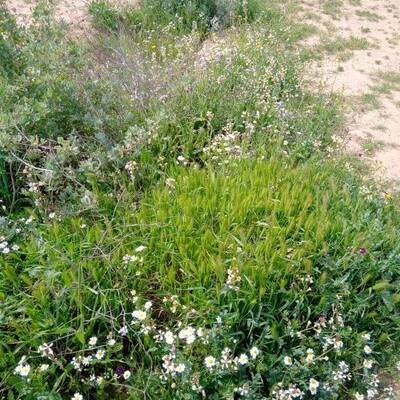
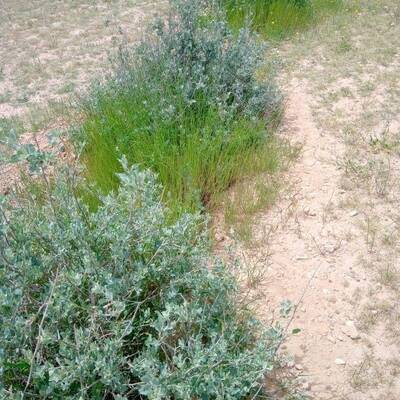
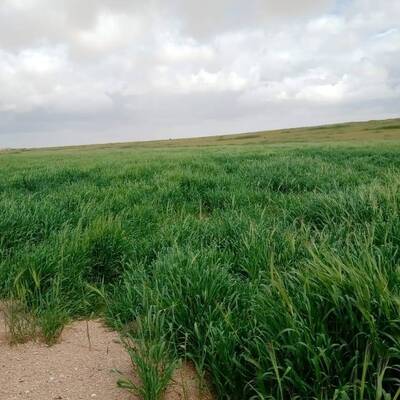
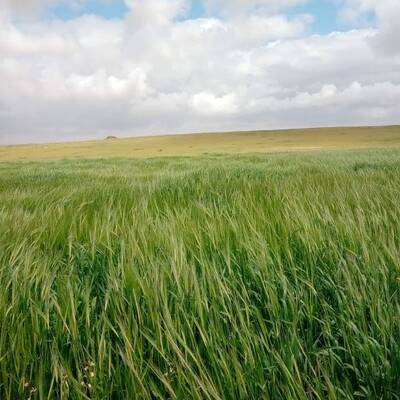
Uptake of technology packages in Badia areas of Jordan and restoration of degraded areas in Badia under improved natural resource management.
At the Badia Restoration Site (Al Majeddyeh village), the objectives are to ensure security, maintenance, and continued monitoring (vegetation development and survival rate). At the new Royal Botanic Garden (RBG) site to support WADI activity, the objectives are to out-scale rehabilitation methods to agro-sylvo-pastoral areas and to assess and analyse site rehabilitation impacts on water dynamics.
The project will be evaluating the impacts of restoration practices on water dynamics while introducing new technologies, continuing the maintenance and monitoring of rehabilitation sites, strengthening existing partnerships, and ensuring communication and dissemination of knowledge. This will lead to better understanding of the rehabilitation impacts on land degradation reduction, improving rangeland conditions, and ensuring that local communities are partners in the restoration process. The project will lead to the out-scaling of the proven rehabilitation approaches with the aim of rehabilitating the degraded lands in Badia, Jordan.
UPDATES
In 2020, ICARDA developed a community-based watershed rehabilitation approach that effectively restores degraded rangelands in Badia, Jordan. This decreased the fodder shortage of local livestock keepers who will, in turn, rely less on external aid to feed their animals. In the same year, ICARDA joined an inter-regional Technical Cooperation Program project, run by the Food and Agriculture Organization of the United Nations, on combatting sand and dust storms. The research considerable on-site benefits (less soil and carbon loss) and off-site impacts (less dust transported to urban areas) through mechanized micro-water harvesting and plantation of native shrubs in Badia.
In 2022, under the USFS funded project in Jordan (part of the umbrella Watershed Restorations Project), ICARDA established a new site in Khanasry station to monitor soil humidity and rangeland productivity. Students from Utrecht University modeled and quantified runoff and soil loss for a degraded and restored Jordan side, and developed a suitability map of mechanized micro-rainwater harvesting for enhancing carbon sequestration in the Badia.
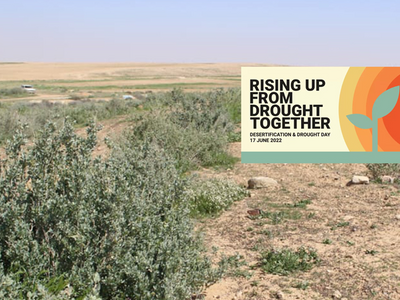


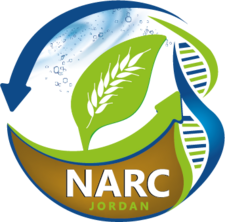
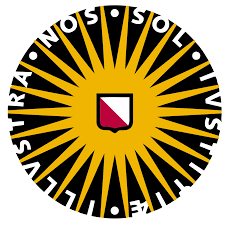
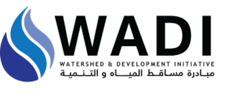
© 2026 International Center for Agricultural Research in the Dry Areas (ICARDA)